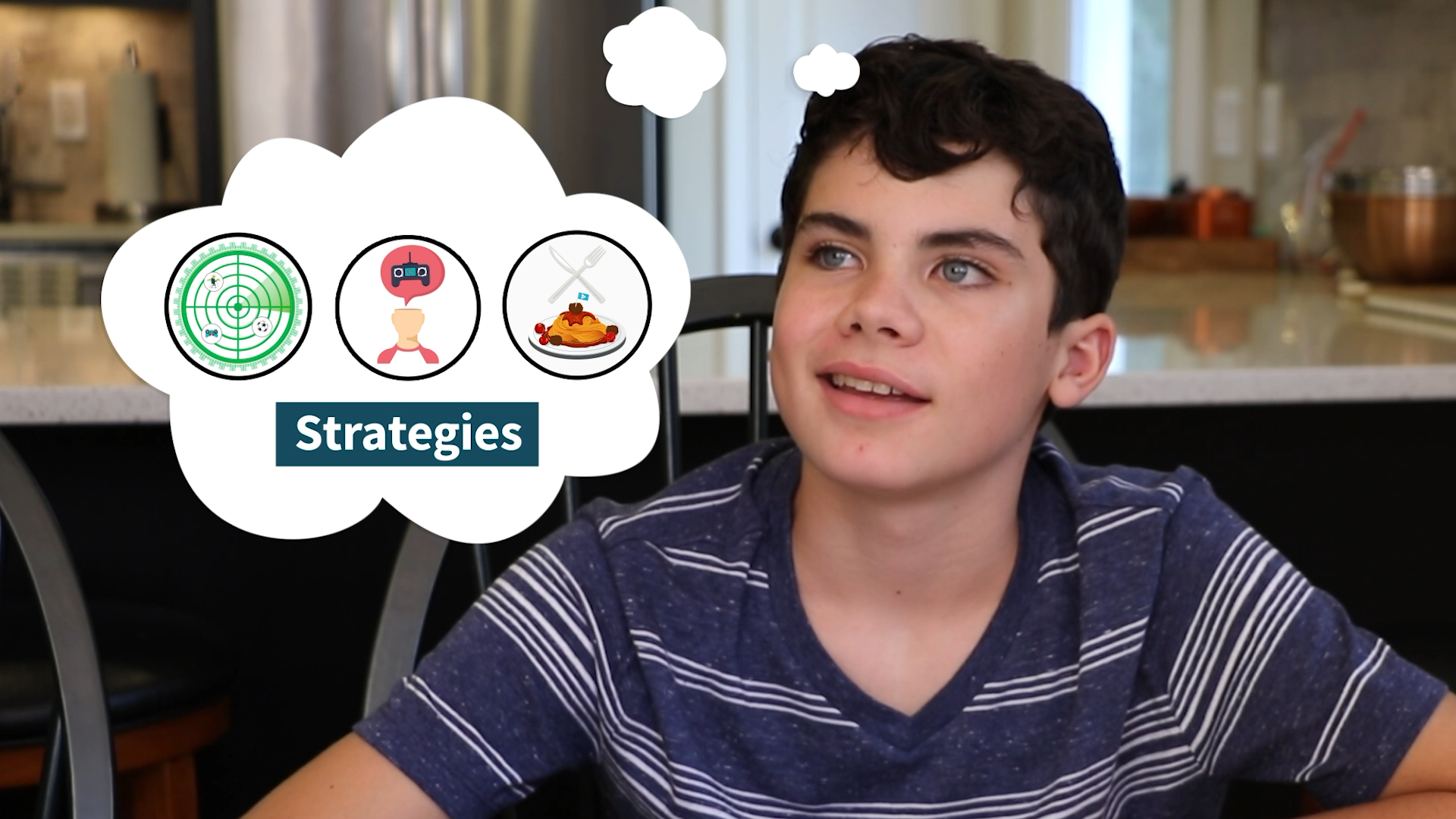Introduction
Developing essential social skills is crucial for students in special education, as it directly impacts their ability to interact with others and participate in various social situations. In this blog post, we will focus on the skills required for successful participation in parties and gatherings, such as using a Topic Radar, Restaurant Rules, and Self-Controller.
Understanding Social Skills for Parties and Gatherings
Social skills for parties and gatherings involve the ability to engage in conversations, maintain appropriate behavior during meals, and manage emotions in social settings. These skills play a significant role in students’ learning, social interactions, and overall wellbeing, as they help students navigate different social situations and build meaningful relationships with others.
The Role of Specialists
Various specialists can support the development of social skills for parties and gatherings:
- Speech-Language Pathologists: They can help students develop effective communication skills, such as using a Topic Radar to engage in conversations.
- Social Workers: They can teach students appropriate behavior in social settings, including following Restaurant Rules during meals.
- Psychologists: They can assist students in managing their emotions and using Self-Controllers to stay calm in social situations.
- School Counselors: They can provide guidance and support in implementing IEP goals and strategies to improve social skills in various settings.
IEP Goals for Social Skills at Parties and Gatherings
Here are some SMART IEP goals that can be used to improve social skills at parties and gatherings:
- Goal: The student will use a Topic Radar to initiate and maintain conversations with peers during gatherings and parties.
- Strategies/Activities: Role-playing, practicing conversation starters, and creating a list of common interests with peers.
- Goal: The student will demonstrate appropriate behavior during meals by following Restaurant Rules.
- Strategies/Activities: Modeling proper table manners, practicing polite mealtime behavior, and reviewing etiquette rules.
- Goal: The student will use a Self-Controller to manage emotions and stay calm during parties and gatherings.
- Strategies/Activities: Identifying triggers, practicing deep breathing exercises, and developing a personalized coping plan.
Implementing and Measuring Progress
To implement these IEP goals and measure progress:
- Collaborate with specialists to develop and implement strategies and activities.
- Monitor students’ progress through regular observations and data collection.
- Adjust strategies and activities as needed based on students’ progress and needs.
Conclusion
Developing effective IEP goals for social skills at parties and gatherings is crucial for high school students’ success in social situations. By collaborating with specialists and implementing the goals, strategies, and activities discussed in this post, educators can support students in improving their social skills and overall wellbeing. We encourage you to apply these IEP goals and explore more resources at Everyday Speech Sample Materials.






